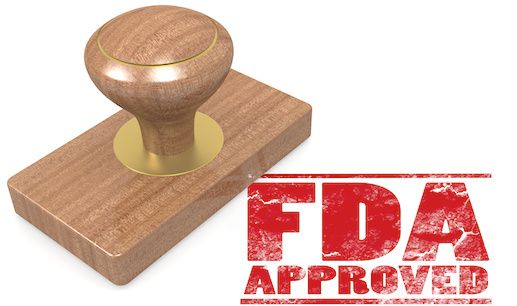Article
First Drug to Specifically Treat Giant Cell Arteritis Gains FDA Approval
Author(s):
This is the first FDA-approved therapy specific to this form of vasculitis.

The US Food and Drug Administration (FDA) today expanded the approved use of subcutaneous tocilizumab (Actemra) to treat adults with giant cell arteritis — a type of vasculitis that causes arteries to narrow and impede adequate blood flow.
With this indication, this is the first FDA-approved therapy specific to this form of vasculitis.
Subcutaneous tocilizumab was previously approved to treat moderate-to-severely active rheumatoid arthritis, and intravenous tocilizumab was also previously approved for moderate-to-severely active rheumatoid arthritis, systemic juvenile idiopathic arthritis, and polyarticular juvenile idiopathic arthritis.
According to Badrul Chowdhury, MD, PhD, director of the Division of Pulmonary, Allergy, and Rheumatology Products in the FDA’s Center for Drug Evaluation and Research, the team was able to expedite the development and review of the application given the critical need for patients with the serious condition that only had limited treatment options.
Standard treatment for giant cell arteritis involves high doses of corticosteroids that are tapered over time.
Researchers established the efficacy and safety of subcutaneous tocilizumab for giant cell arteritis in a double blind, placebo-controlled study with 251 patients with the condition. The primary efficacy endpoint was the proportion of patients that achieved sustained remission (the absence of symptoms, normalization of inflammatory laboratory tests, and tapering the use of prednisone) from Week 12 through Week 52.
According to results, more patients receiving subcutaneous tocilizumab with standardized prednisone regimens achieved sustained remission from Week 12 through Week 52 as compared to the patients administered placebo with standardized prednisone regimens. The cumulative prednisone dose was lower in treated patients with Actemra relative to placebo.
Researchers highlighted that the overall safety profile observed in the tocilizumab treatment groups appeared generally consistent with the known safety profile of tocilizumab.
Tocilizumab does carry a boxed warning for serious infections — patients treated with the drug that developed serious infections should discontinue treatment until the infection is controlled. Live vaccines should be avoided during treatment with Actemra, and laboratory monitoring is recommended due to potential consequences of treatment-related changes in neutrophils (type of white blood cell), platelets, lipids, and liver function tests.
The most commonly reported adverse events included hypersensitivity reactions, including anaphylaxis and death.




